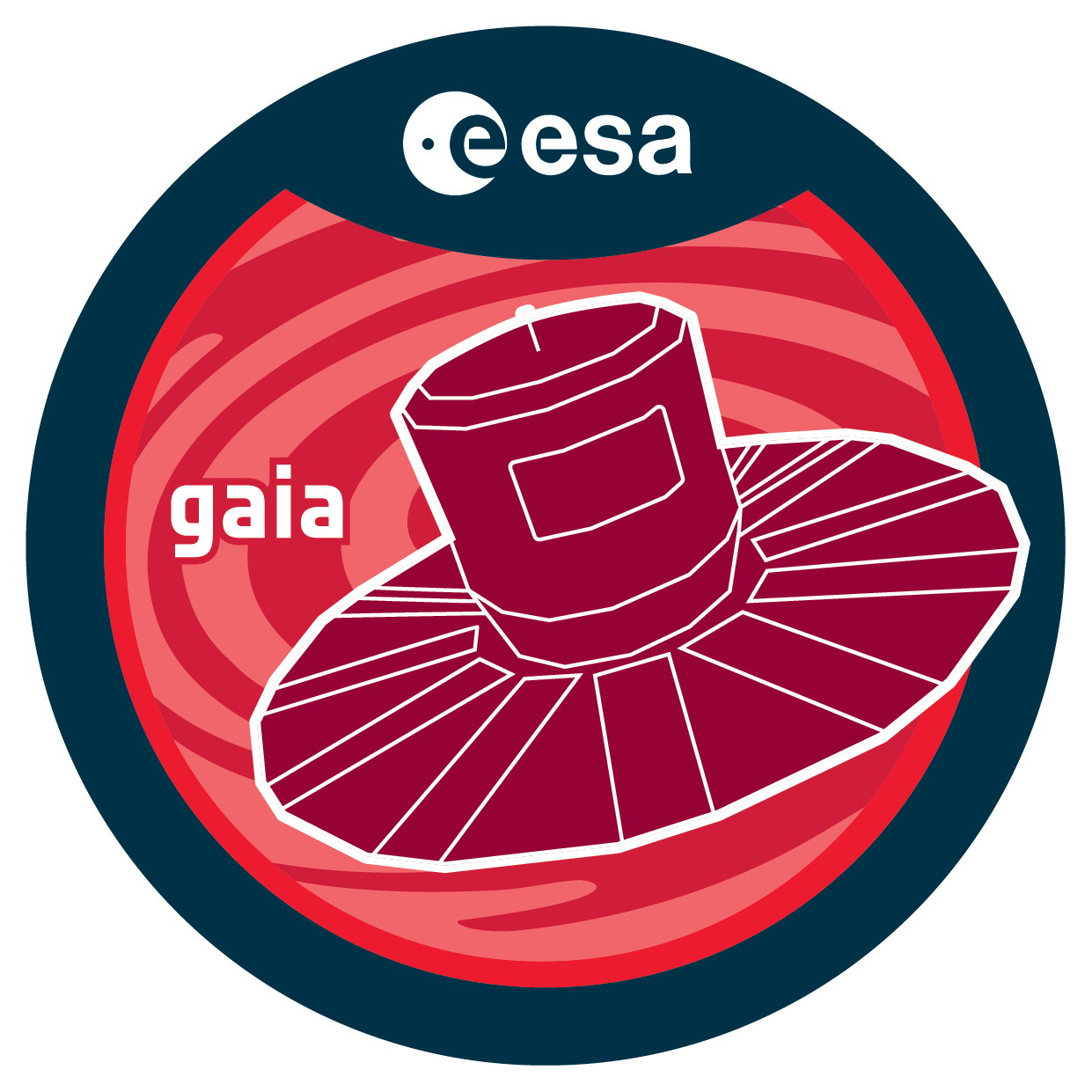iow_20120203 - Gaia
Image of the Week |
BAM with Permanent Mounted Transducer System |
 |
|
TNO is developing the Basic Angle Monitoring Opto-Mechanical Assembly (BAM OMA) for Gaia. This on-board metrology system consists of two laser interferometers. Two pairs of parallel laser bundles are sent to the two telescopes, which create two interference patterns on a detector. If the basic angle varies, the interference patterns will shift. With the BAM an Optical Path Difference (OPD) as small as 1.5 picometer RMS can be measured. The stability requirements for the BAM are extreme. The mirrors and beam splitters must have a tilt stability of less than 2 microrad during launch and cool down to operational temperature. In addition, the fibre collimator mirrors shall have a lateral stability of better than 500 nanometer. In order to guarantee the stability of the BAM, the preload on the various components is tightly controlled. For the large M8 bolts which are used to fasten the four periscopes, special ultrasonic transducers are used to enable in-situ preload measurement. The Permanent Mounted Transducer System (PMTS) was developed by Intellifast GmbH (Speyer, Germany). The repeatable accuracy of better than +/- 3% independent of the operator skill in most circumstances and the fast tightening to load using hydraulic tooling have made this technology a favoured route for many industrial applications. For applications in space, the Intellifast system uses a high temperature coating, as it avoids the whisker growth on space applications associated with the standard transducer tin electrode material. The picture on the left shows the Gaia BAM periscope bolt installation with Permanent Mounted Transducer System. The picture on the right shows the Gaia BAM Titanium bolts with Permanent Mounted Transducer System For more information about the Gaia BAM, visit the TNO web site. For more information about the PMTS transducers, visit the Intellifast website. Image credit: TNO/Fred Kamphues [Published: 03/02/2012] |
- Removed a total of (3) style text-align:center;
- Removed a total of (6) style text-align:justify;
- Removed a total of (1) border attribute.
- Removed a total of (1) cellpadding attribute.
- Removed a total of (1) cellspacing attribute.
Image of the Week Archive
- Removed a total of (1) border attribute.
- Removed a total of (1) cellpadding attribute.
- Removed a total of (1) cellspacing attribute.








































 Sign in
Sign in
 Science & Technology
Science & Technology
